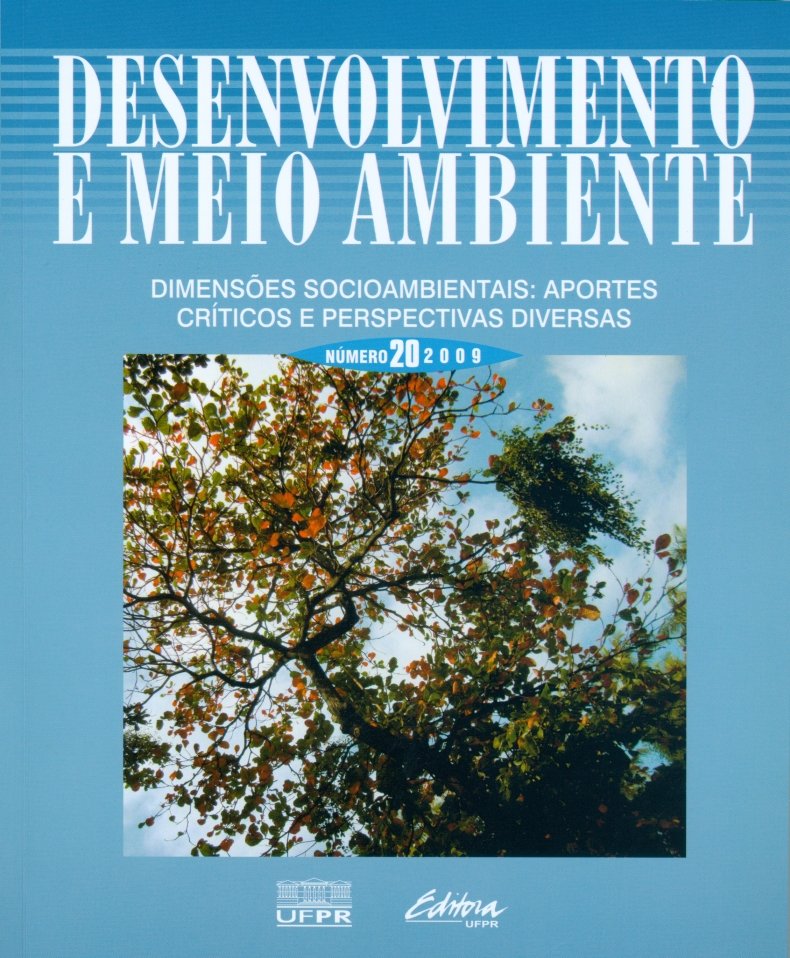Education, Sustainability and Democracy: Making the Diversity of Political Pedagogical Projects Explicit
DOI:
https://doi.org/10.5380/dma.v20i0.15181Keywords:
education, sustainability, democracyAbstract
This paper aims to discuss the relationship between education, sustainability and democracy in relationto the Education for Sustainable Development proposal – ESD led by UNESCO, several internationalorganizations, educational systems of European countries, and the scientific production that supports it.It evaluates the contradictions and implications of this proposal on the matters that are related to educationand environmental issues, as well as explores the possibilities to build a complex and democraticeducational system that assimilates environmental issues under a political and critical perspective. Therefore,it deals with the discussion and explanation of socio-educational projects, and with the intention ofredeeming the diversity of world views, society and education that we wish for and can build together.To achieve this task this paper dialogues with theoretical references of Political Ecology and CriticalTradition and organizes the reflection in two moments: in the first one it criticizes the problematic aspects of the proposal mentioned above. In the second it explores the possibilities of building a relation between
education and sustainability that integrates and encourages participative democracy, civil society andits ethical and political dimensions.Downloads
Published
How to Cite
Issue
Section
License
Copyright on works published in this journal rests with the author, with first publication rights for the journal. The content of published works is the sole responsibility of the authors. DMA is an open access journal and has adopted the Creative Commons Attribution 4.0 Not Adapted (CC-BY) license since January 2023. Therefore, when published by this journal, articles are free to share (copy and redistribute the material in any medium or format for any purpose, even commercial) and adapt (remix, transform, and create from the material for any purpose, even commercial). You must give appropriate credit, provide a link to the license and indicate if changes have been made.
The contents published by DMA from v. 53, 2020 to v. 60, 2022 are protected by the Creative Commons Attribution-NonCommercial-NoDerivatives 4.0 International license.
DMA has been an open access journal since its creation, however, from v.1 of 2000 to v. 52 of 2019, the journal did not adopt a Creative Commons license and therefore the type of license is not indicated on the first page of the articles.




